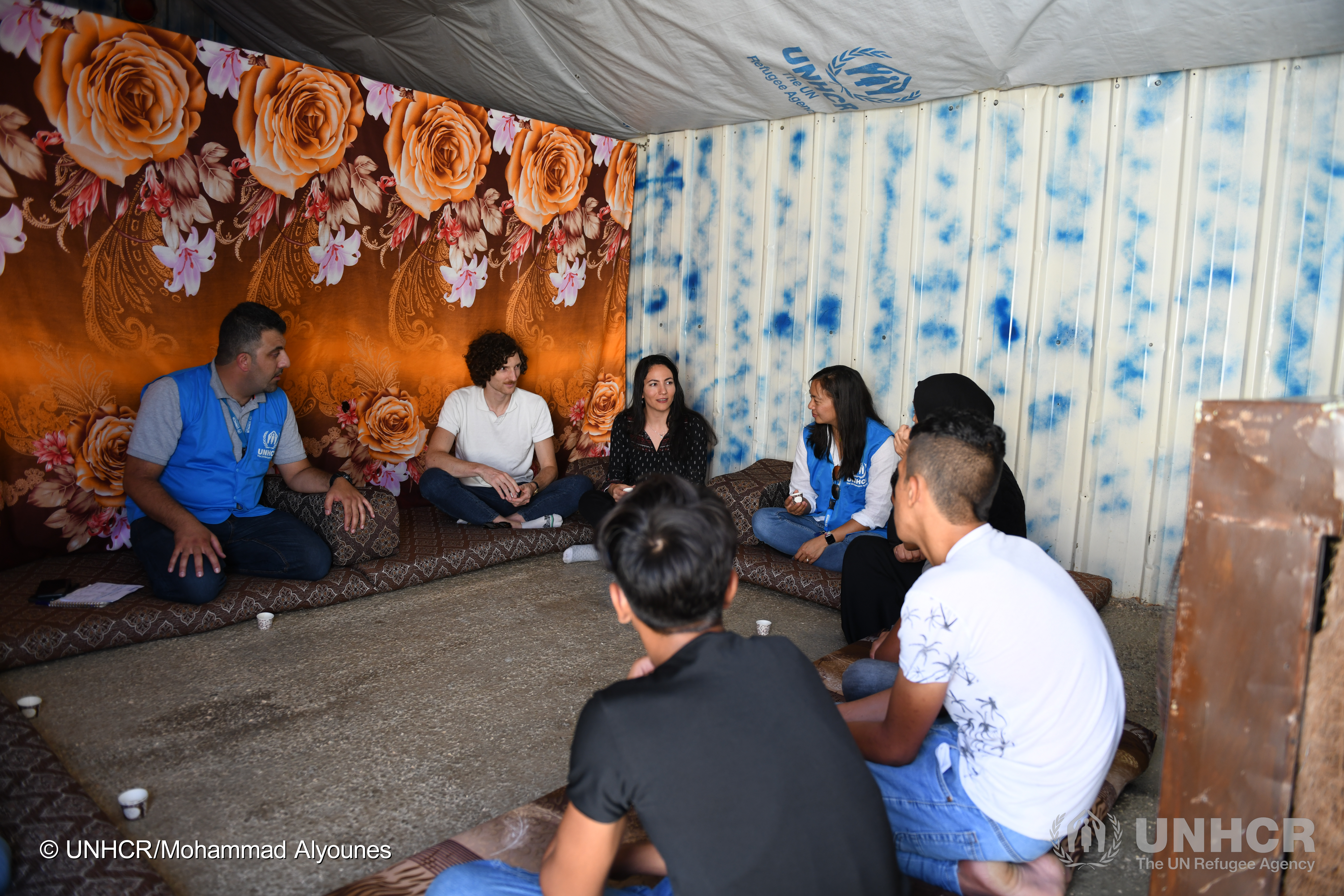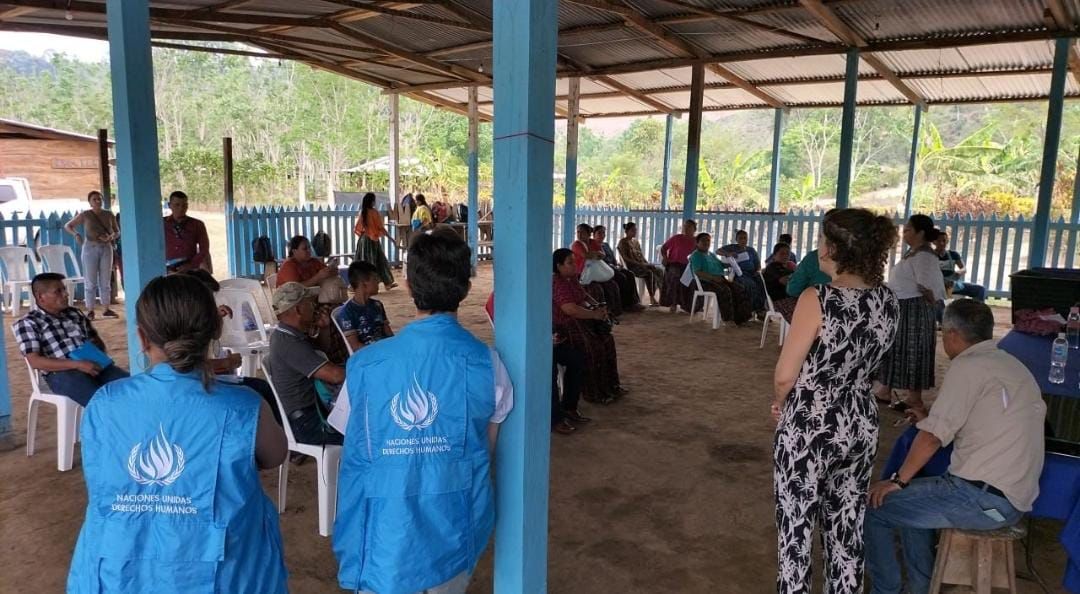We conduct micro-level quantitative research in a range of countries, with a focus on developing policy-relevant academic research and academic-relevant policy research.
Our main tools include econometric techniques employed on large-n datasets, often collected by us or under our instruction, and behavioral experiments conducted in the field. We regularly engage with anthropologists, psychologists, political scientists and researchers from other disciplines, which significantly benefits our data collection, our research output and our policy advice.
There are three Research Programs at ISDC:





